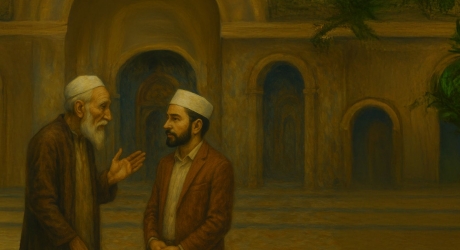The Sunday Guardian | November 30, 2014
Albetano, an ancient Roman philosopher, is recorded as having said: "The angry man always thinks he can do more than he can."
When a man is intoxicated with alcohol, he is not in control of himself. He may even go so far as to bang his head on a stone, unmindful of the fact that it may not be the stone that breaks but his own head. This is because, in his besotted state, he wrongly gauges his own abilities and proceeds to do things which can have unfavourable consequences.
The same is true of the angry man. In a towering rage, a man is not in control of himself. He overestimates his own capabilities, as a result of which he involves himself in activities which are beyond his powers of control. He realises his foolishness only when his temper has cooled. But by that time, the wrong step has been taken and destruction has followed in its wake.
one should never do anything of any importance when in an angry mood. Steps to counter adversaries should be taken only after all anger has subsided. This will mean fewer setbacks and more successes in life.
It is now too late for regrets: he is unable to save himself from his own wrong action.
The moral of this is that one should never do anything of any importance when in an angry mood. Steps to counter adversaries should be taken only after all anger has subsided. This will mean fewer setbacks and more successes in life.
The Quran enumerates various qualities of true believers.
One of these traits is that those who believe in God forgive when they are angry. Thus God says in the Quran: "For those who spend, both in prosperity and adversity, who restrain their anger and are forgiving towards their fellow men-God loves those who do good works." (3:134)
It is the development of these traits in us that would make us deserving of the eternal abode of Paradise.









